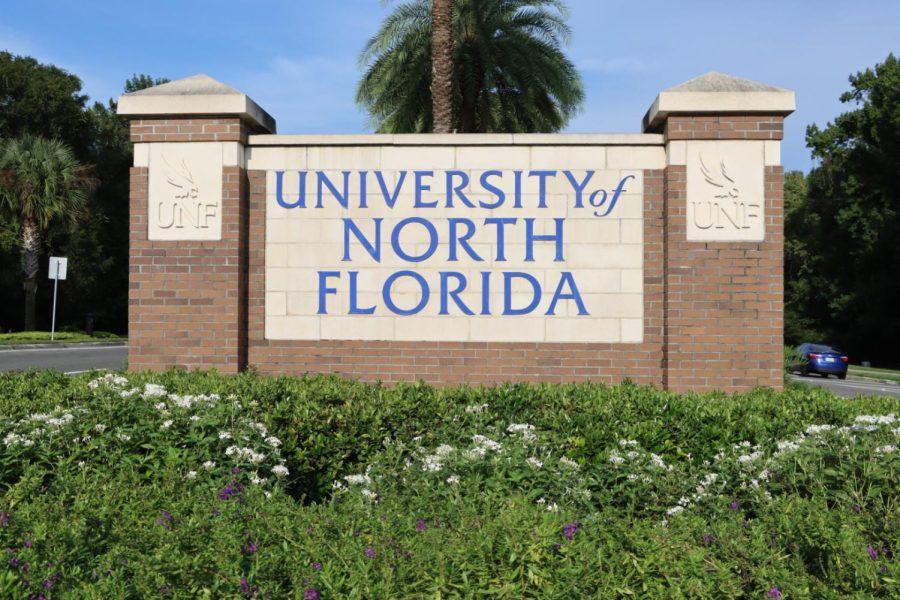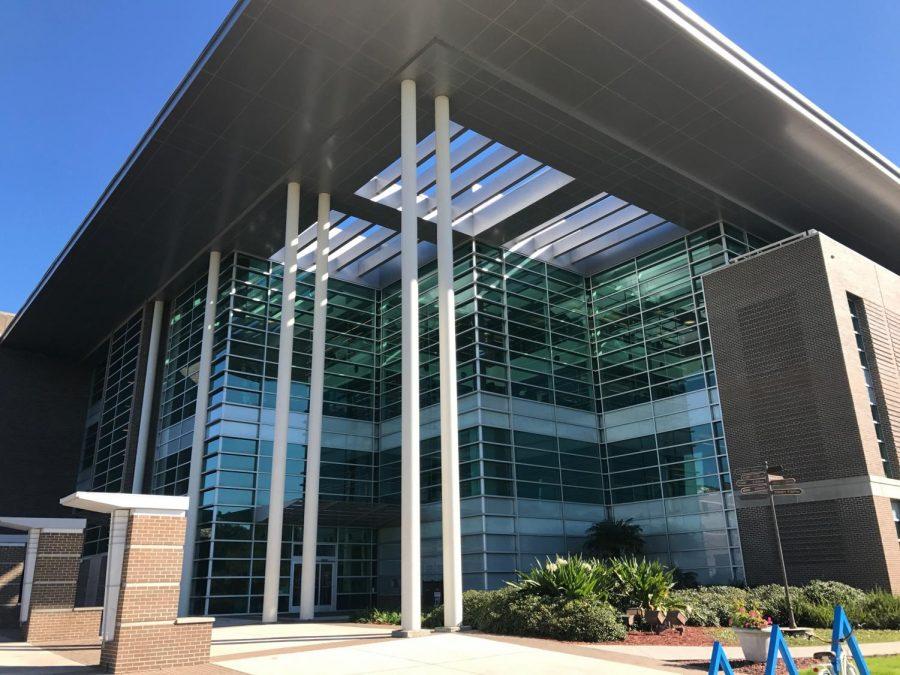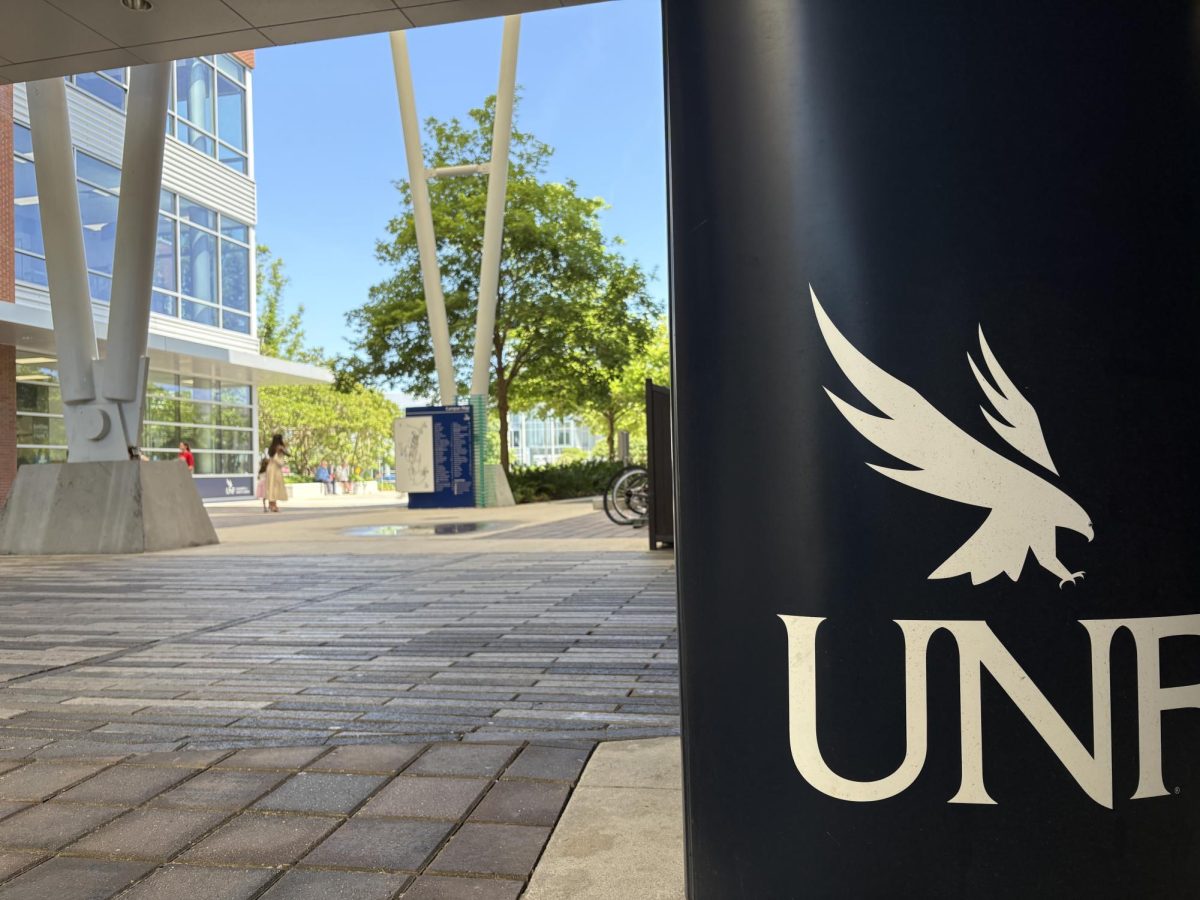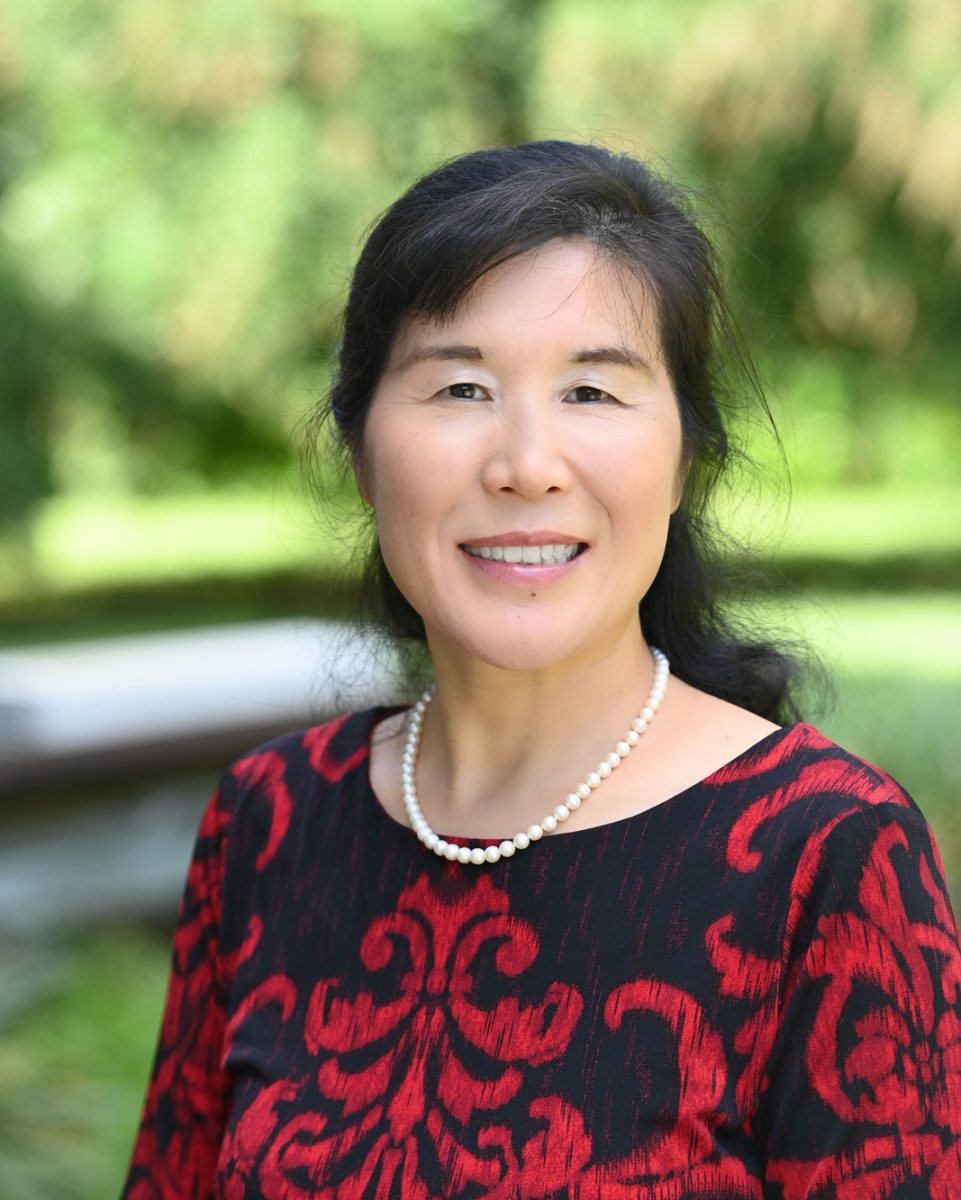The University of North Florida is gearing up for the upcoming fall semester. Many precautions are being taken, including making issues like racial-sensitivity training an important issue for staff and students.
During the course of this year, there has been a reigniting of social movements addressing racial inequalities in this country, such as #justiceforgeorgefloyd, #BLM, and #sayhername. UNF is continuing to discuss the tough topics our community faces with efforts by the Women’s Center, and the Department of Diversity Initiatives.
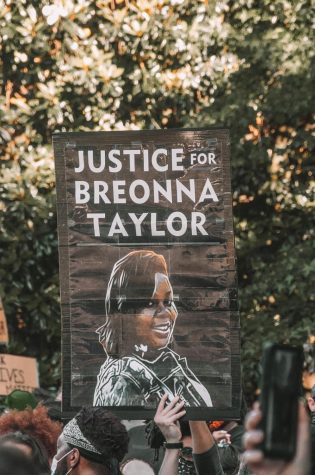
Dr. Tru Leverette is an associate professor with the English department, and she sat down with Spinnaker to discuss the nature of race, history, and diversity here in Jacksonville, and how it branches out into the broader world.
“At the root of those hashtags, we’re seeing a recognition of the problems that we’re facing with racialized violence and police brutality and the criminalization of black people and other minorities,” Leverette said. “It has a lot to do with the historical dehumanization of people of color and minorities in this country. So in my analysis of those hashtags, it’s really about recognizing humanity, and understanding that these are people, who like anyone else, doesn’t deserve this kind of treatment.”
Many groups in our society are still healing from the tragic events of injustice this year, and other groups are looking to dismantle future influences of inequality by being proactive now.
Recently, there have been many topics rising to the surface when discussing race in the country, and one such topic is the removal of Confederate statues across the south. However, the debate seems to revolve around the symbolism of slavery that they represent to many people, and the honoring of American history for which they were made.
Dr. Leverette addresses this by saying, ”I don’t subscribe to the idea that by removing or moving those monuments, that we are erasing or ignoring history, or that it will necessarily be forgotten. I think the question is what we are honoring, what we are trying to celebrate – I think that’s what monuments do.”
Perhaps instead of tearing down Confederate statues, which may symbolize the suffering of people of color, there could be an alternative that makes space for all aspects of our country’s history, even the dark spots.
“I think that there’s every place for statues to be contextualized in a museum for example, to tell a more robust version of the actual history, because as those statues stand right now – they are not telling the full history,” Leverette said. “So we are already erasing and ignoring parts of history. I think that moving them into their proper context would help tell the story more accurately, rather than erasing it.”
The country has faced a lot of grief this year, not only from the deaths of a pandemic, but also in regards to the race relations that must be addressed if we as a nation are to heal from an already scary and difficult year. As a yoga teacher outside of UNF, Dr. Leverette has experience dealing with the “shadow work” of coping with difficult emotions.
“The grief is crucial, and I think that allowing people the time and the space to mourn, and to grieve the loss of human life necessary, and it’s important,” she said. “It’s sad and regrettable to me that memorials for victims of this kind of violence are mischaracterized so often, and so that people are not allowed their full human space in which to grieve.’
For many Americans going through a sense of loss during this turbulent year, allowing the process of coping with grief is not a choice, but a path through the darkness.
“The only way forward is to recognize the full spectrum of the physical, emotional, psychological, mental impact of this kind of violence on people’s lives,” Dr. Leverette adds. “And for us to do it, not only for those who are victimized to do it, but for those who are in un-victimized, powerful positions to recognize that this is what happens in people’s lives, and to do something to change that.”
For the full in-depth interview with Dr. Leverette on healing racial divides within our nation, and within ourselves – Go to UNF Spinnaker on Youtube to watch the new series Spinnaker’s Tough Talks. New episodes come out every Monday at 2 p.m.
__
For more information or news tips, or if you see an error in this story or have any compliments or concerns, contact editor@unfspinnaker.com.











